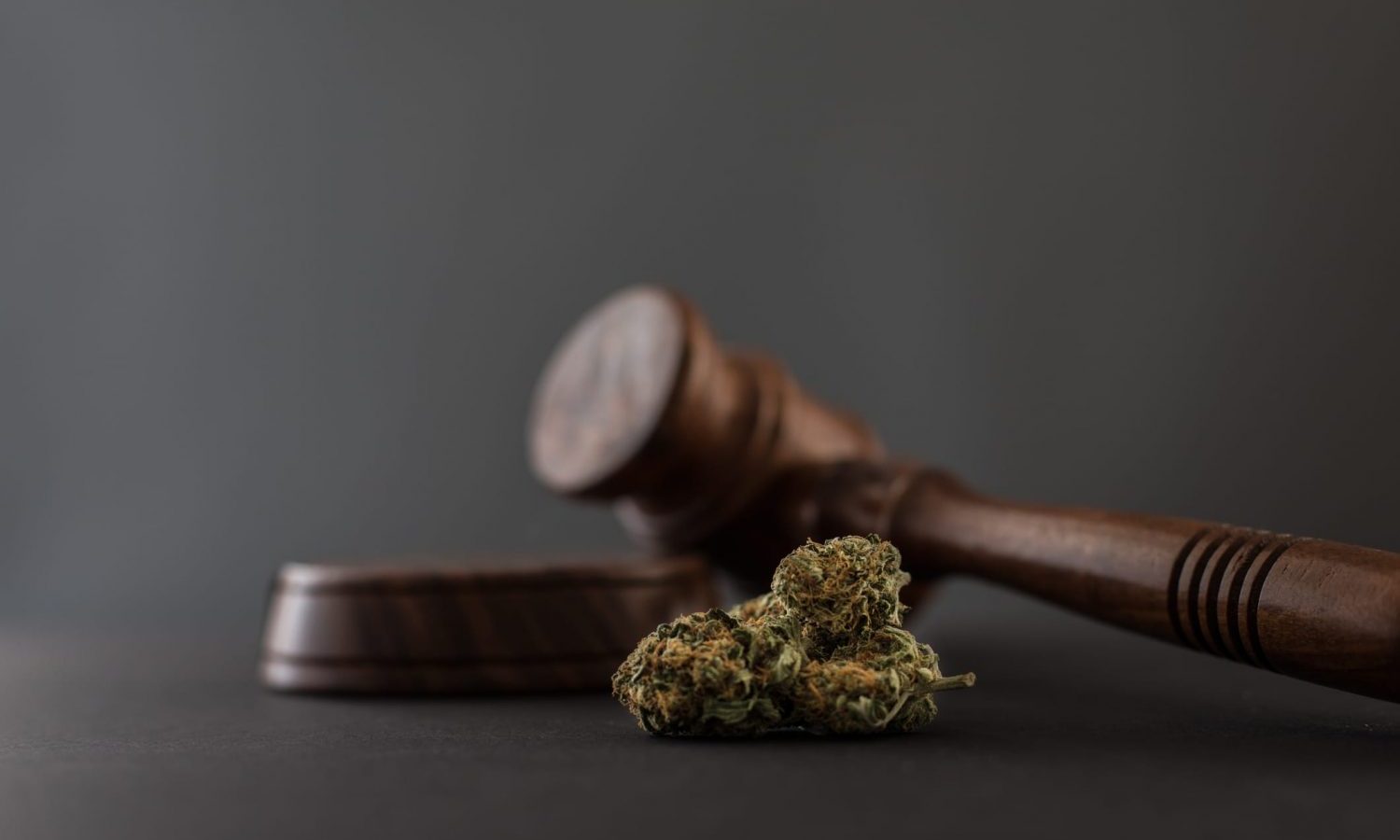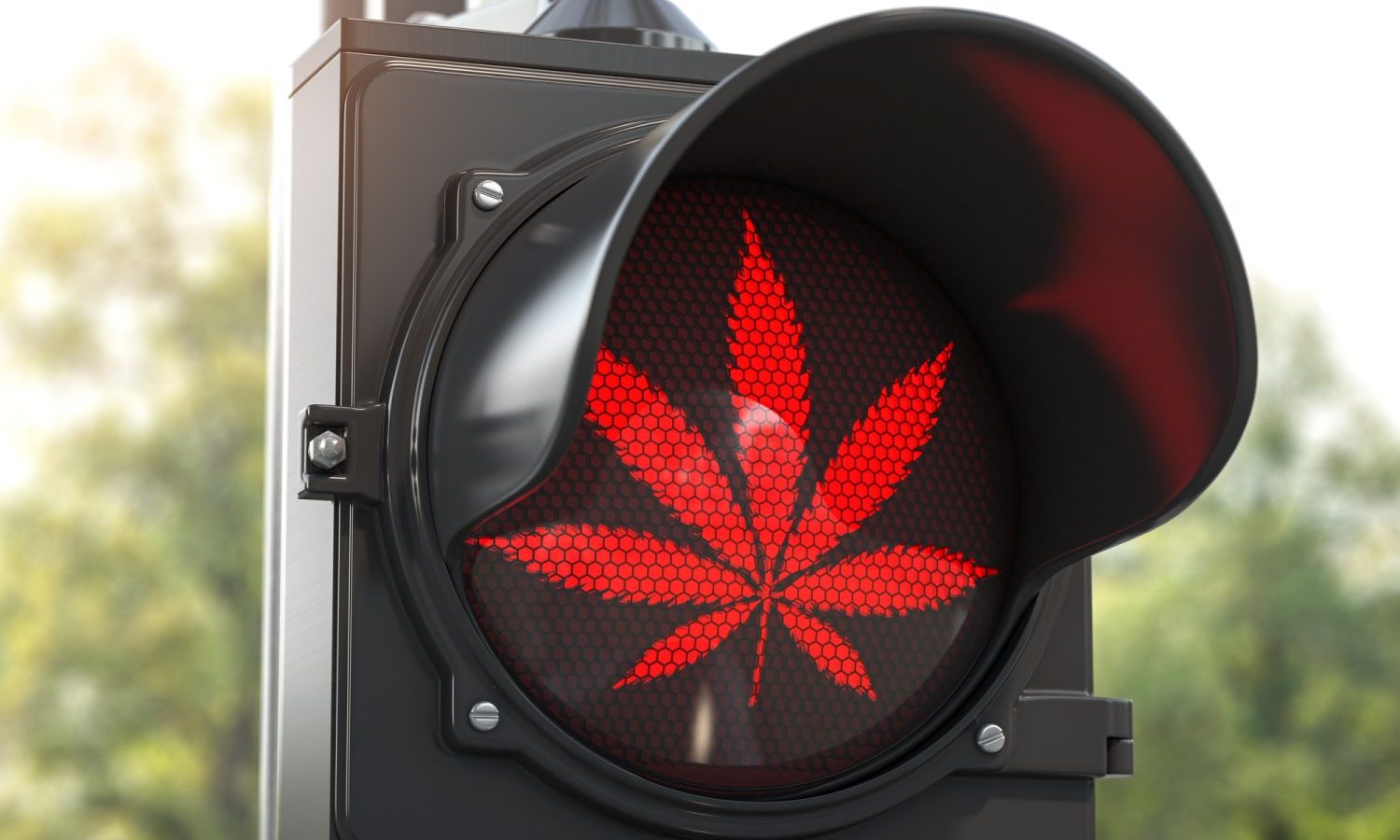Even though the cannabis legalization process in Delaware has been bumpy and complex, the trajectory seems to be in the right direction.
By
The Delaware House of Representatives spurned a bill to legalize and regulate marijuana sales on Thursday, reported Marijuana Moment.
HB 372, which would set up a specific regulatory framework for the recreational cannabis market, received 23 votes in support and 15 against. The bill did not advance, however, because it failed to get a three-fifths supermajority needed to be approved.

RELATED: Delaware Senate Green-Lights Bill Removing Penalties For Adult Marijuana Possession
The basic legislation, HB 371, which requires a simple majority to pass and would allow adults 21 and older to possess and share up to an ounce of cannabis, was sent to the governor’s desk last week.
Both legislations are sponsored by Rep. Ed Osienski (D). He opted for a two-track approach to reform after a comprehensive bill that would have accomplished both goals was killed when it fell short of the required three-fifths supermajority vote on the floor last month.
The legislation “creates the legal framework to license and regulate a new industry that will create well-paying jobs for Delawareans while striking a blow against the criminal element which profits from the thriving illegal market for marijuana in our state,” Osienski said.
Oslenski’s Efforts Still Matter
Osienski’s idea that advancing non-commercial legalization through the legislature first would nudge colleagues to approve the complementary bill that provides for a commercial marijuana market was struck down on Thursday.
Once he realized that the measure was poised to fail, Osienski switched his own “yes” vote to “no” to secure the right to once again call for the measure’s reconsideration.
RELATED: Delaware: Marijuana Legalization Bill Passes House Committee
Even though the cannabis legalization process in Delaware has been bumpy and complex, the trajectory seems to be in the right direction.
“It is imperative that HB 371 be signed into law so the consequences of prohibition can cease immediately,” said Jax James, NORML’s state policy manager. “The legalization of cannabis possession, the creation of a regulated market, and provisions from the Justice Reinvestment Funds will begin the process of reversing decades of discriminatory, harmful, and fundamentally unfair cannabis laws.”
This article originally appeared on Benzinga and has been reposted with permission.


